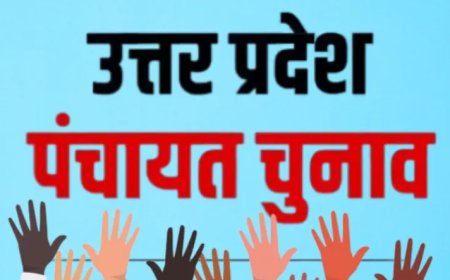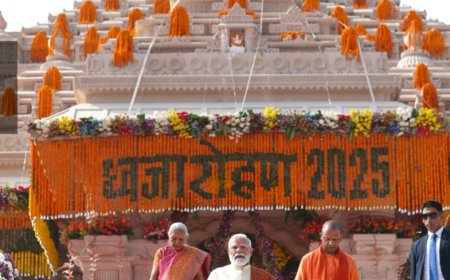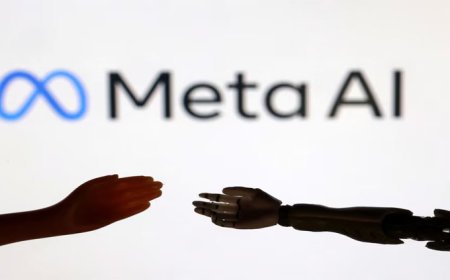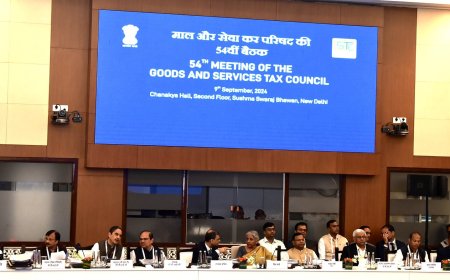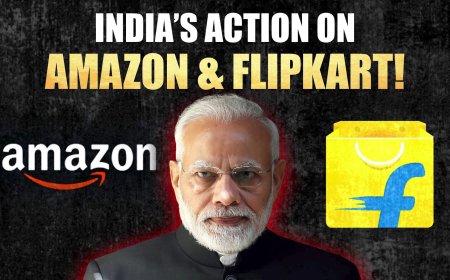GST Council’s 18% Tax on Payments Over Rs 2,000: The Real Story
The GST Council is considering imposing an 18% GST on payment aggregators for small transactions up to Rs 2,000. This change, discussed in the upcoming meeting, could impact digital payment costs and affect small businesses while UPI transactions remain unaffected.
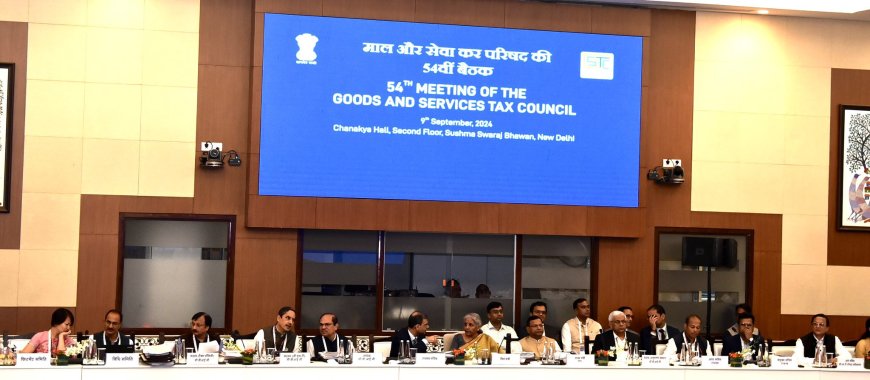
GST Council’s 18% Tax on Payments Over Rs 2,000:
What You Need to Know
Introduction
The GST Council is considering a significant change that could impact digital payments in India. During its upcoming meeting on September 9, the council may introduce an 18% Goods and Services Tax (GST) on payment aggregators for transactions exceeding Rs 2,000. This potential policy shift is set to affect both merchants and consumers in the digital payments landscape.
Current GST Regulations and Proposed Changes
Currently, payment aggregators like BillDesk and CCAvenue are exempt from GST for transactions under Rs 2,000. This exemption, established during the 2016 demonetization period, has been in place since the GST regime began in 2017. The GST Fitment Panel now suggests that these payment aggregators should be taxed, as they act as intermediaries rather than banks. If implemented, the 18% GST would apply to transactions over Rs 2,000, potentially increasing costs for merchants using these services.
Impact on Payment Aggregators and Merchants
Payment aggregators typically charge merchants fees ranging from 0.5% to 2% per transaction. With the introduction of an 18% GST, the cost structure for transactions over Rs 2,000 would change. For instance, a transaction of Rs 2,500 could see the payment gateway fee rise substantially. This increase might force merchants to either absorb the additional cost or pass it on to consumers, affecting their pricing and profitability.
Effects on Small Businesses
Small businesses that frequently process transactions just above Rs 2,000 could face increased operational costs due to the new tax. The added GST on payment gateway fees could impact their financial stability and competitiveness. Businesses might need to adjust their pricing strategies or seek alternative payment methods to mitigate the financial impact.
Unified Payments Interface (UPI) Advantage
The proposed 18% GST would apply only to transactions made via debit and credit cards. Unified Payments Interface (UPI) transactions, which have surged in popularity for small-value payments, are currently exempt from GST. UPI, contributing to over 80% of retail digital payments in India, offers a tax-free alternative, making it a cost-effective option for both merchants and customers.
Conclusion
The GST Council’s potential decision to impose an 18% tax on payment aggregators for transactions over Rs 2,000 could have significant implications for the digital payments ecosystem. While it may lead to higher costs for some merchants, UPI remains a viable and tax-free option for small-value transactions. As the council evaluates this proposal, stakeholders should prepare for possible changes in the digital payments landscape.
What's Your Reaction?























